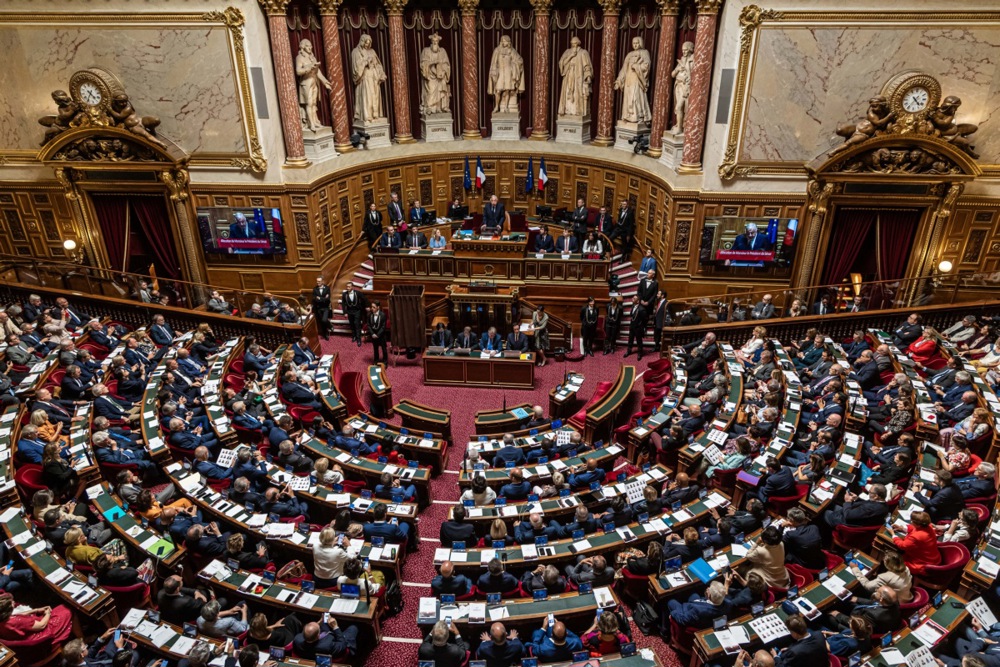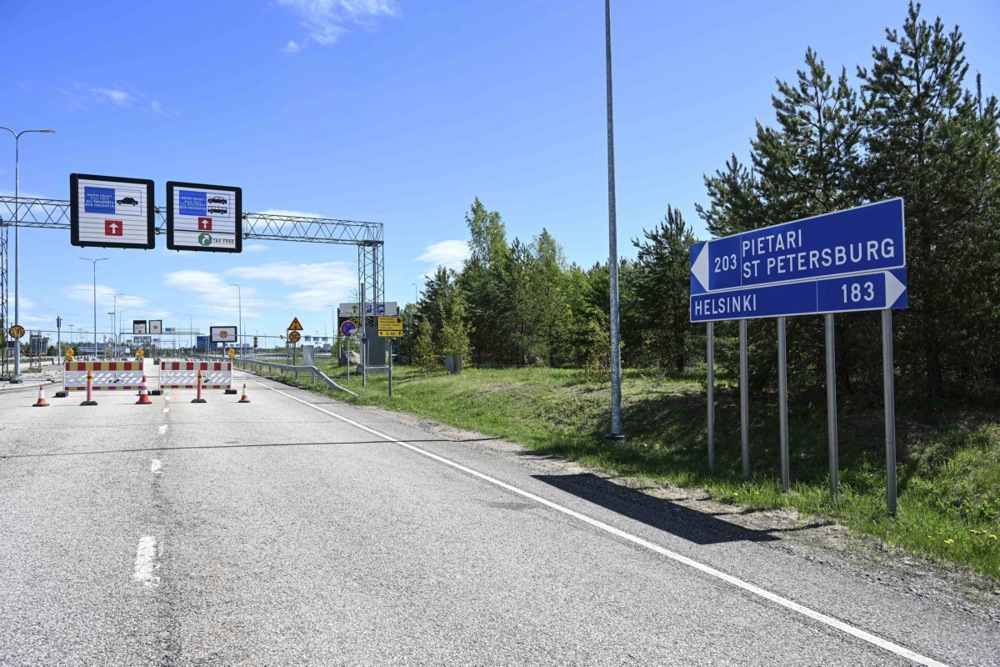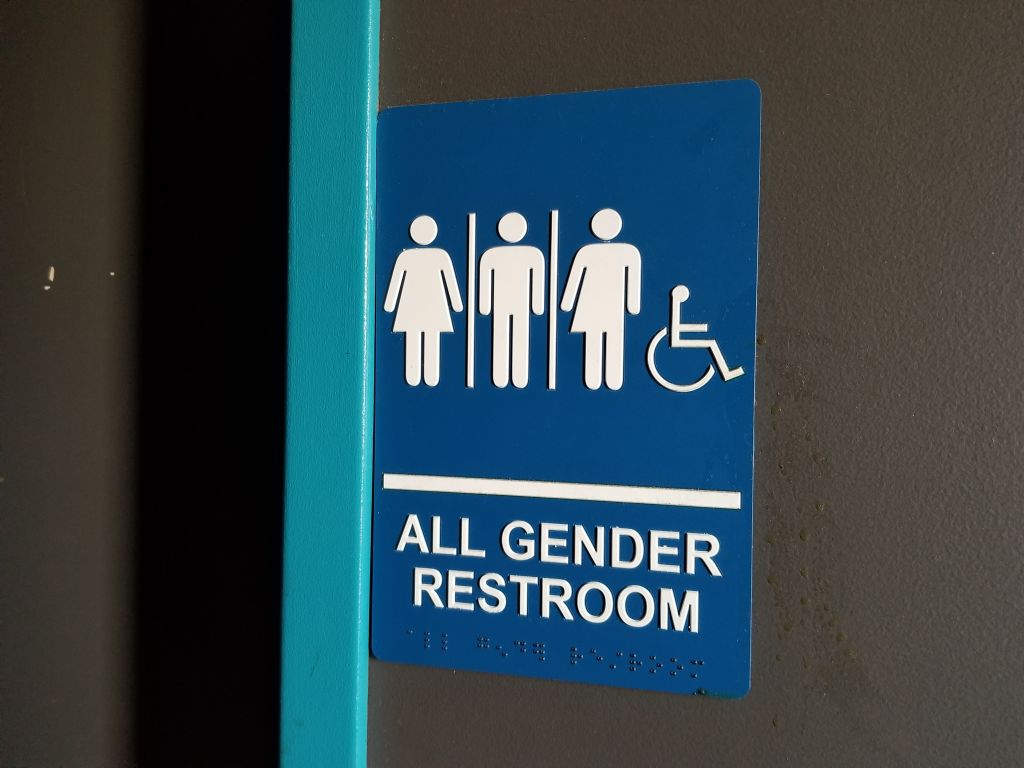The Bulgarian Parliament has approved a ban on “LGBTQ propaganda” in schools to tackle what it called “incitement” to “non-traditional sexual orientation” or “gender identity other than the biological one”.
On August 7, with 159 in favour, 22 against and 12 abstentions, the parliament passed changes to the education law, much to the anger of NGOs and human rights activists.
The bill was proposed by the pro-Russian Vazrazhdane party, which called the result “a historic breakthrough”.
Kostadin Kostadinov, Chairman of the party, said that it has opened an opportunity for other political organisations in the European Union to do the same.
“Bulgaria gave a positive example, which can be followed very soon by other countries. Because they are told that this cannot happen, and we in Bulgaria have shown them that it can, despite the stubborn resistance from some political subjects.”
Kostadinov did note that foreign embassies had expressed “serious resistance” to the vote.
He claimed: “In the last few decades in the EU, the United States, and Canada, the thesis that there is no traditional and non-traditional sexual orientation has been gradually promoted. What they have been imposing for decades has just crashed in Bulgaria.
“This propaganda is anti-human and is not accepted in Bulgaria,” he added.
Ireland’s new sex education course for secondary school pupils will focus on “LGBTQ+ identities”, while also proposing that “white”, “male” and “Irish” people are “privileged” compared to minority groups. https://t.co/pQEgfQxQX3
— Brussels Signal (@brusselssignal) July 13, 2023
According to the bill’s sponsors from Vazrazhdane, the proposed changes should have a positive impact in reinforcing traditional core Christian family values of love and respect, familial belonging and intergenerational connections. That, they said, was in accordance with Bulgarian cultural, educational and legal tradition.
Other parties shared similar views. Socialist Party leader Kornelia Ninova claimed “gender ideology” was promoted “by very influential and rich people” and said it was “creeping into and taking over Bulgarian schools”. She referred to the Eurovision Song Contest and the controversial opening ceremony of the Olympic Games in Paris as troublesome incidents.
Daniel Mitov of the GERB party said the proposed measure represented an opportunity to fight “leftist ideologies”.
In reaction to the vote, left-wing feminist group LevFem organised a protest in Sofia.
According to the organisation, the law is part of an international movement. Its members pointed to “policies, campaigns and legislative attacks against abortion in Poland, Croatia, Italy, the USA, and Argentina” and “transphobic policies and movements across Europe and the USA”, which, they said, “reveal an increasingly strengthening Conservative wave targeting women and LGBTI+ people”.
“The so-called ‘traditional values’ exalt understandings and expectations that assign women the role of servants. The capitalist economy depends on unpaid labour for providing food, care, and the reproduction of labour power at home,” LevFem claimed on its website.
Bulgarian Helsinki Committee (BHC), another NGO, said the law “breaches basic human rights,” including those enshrined in the country’s constitution as well as EU laws and international conventions.
Lawyer Denitsa Lyubenova of the Deystvie LGBTQ rights group wrote in a statement the move “implicitly foreshadows a witch hunt and sanctions any educational efforts related to LGBTQ people in school education”, slamming the bill as “discriminatory”.
Bulgaria does not recognise same-sex marriage or civil unions. The Constitution of Bulgaria defines marriage as “a union between a man and a woman”, effectively prohibiting the legalisation of same-sex marriage.
A GLOBSEC survey conducted in March 2023 showed that 21 per cent of Bulgarians supported same-sex marriage, while 69 per cent were opposed. According to 2023 Eurobarometer polls, 75 per cent of respondents were against same-sex marriage being permitted across Europe, while 17 per cent were in favour.





